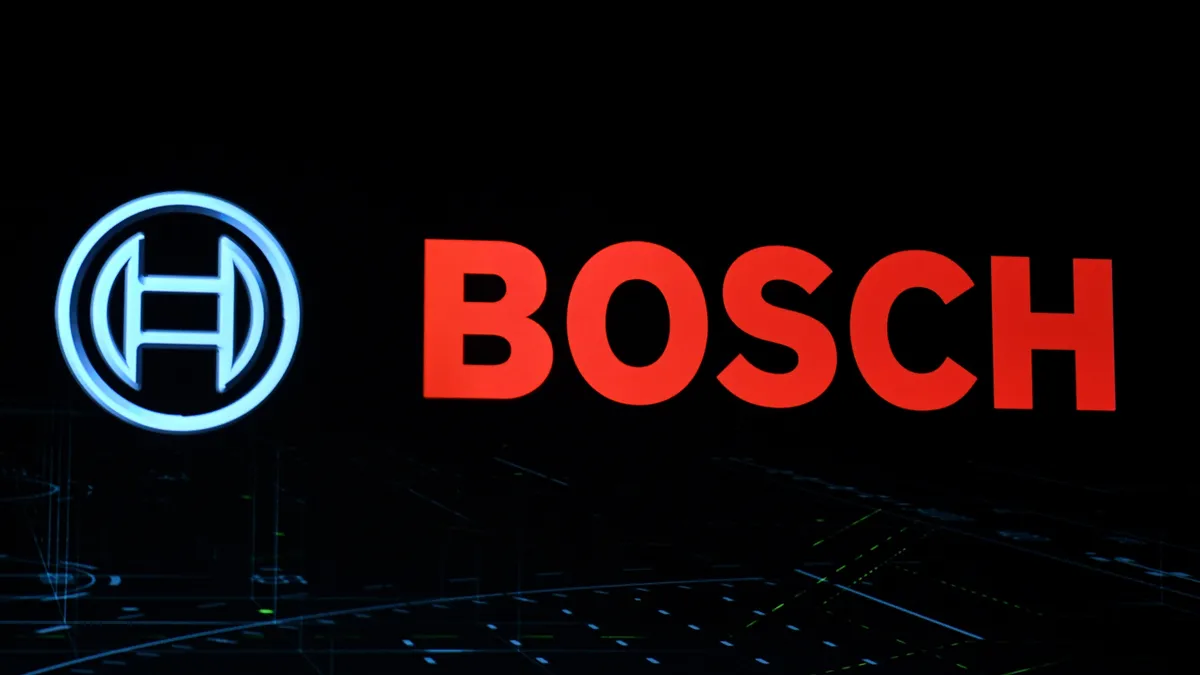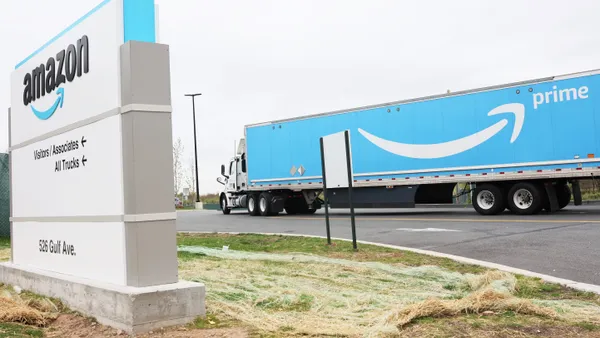Bosch will invest more than $200 million into its South Carolina production facility to build hydrogen fuel cells for heavy-duty electric trucks, the company announced on Aug. 31.
The expansion of the Anderson, South Carolina facility will scale up the German automotive supplier's fuel cell stack production capacity, including key sub-components, according to the release.
“For years, the Anderson associates have developed expertise in producing electronics and sensors, competencies that are very applicable to the fuel cell stack,” Mike Mansuetti, president of Bosch North America, said in the release.
Capital upgrades include an estimated 147,000-square-feet of floor space to manufacture the fuel cell stack, a clean room and climate controlled environments for quality assurance, the release said.
Production is slated to start in 2026 and will create at least 350 new jobs.
“The hydrogen economy holds great promise and at Bosch we are all in,” Mansuetti said. “This is a significant milestone as we announce the first fuel-cell related production for Bosch in the U.S. to support the growing demand from our local customers,” he added.
Bosch currently supplies fuel cell technology to Nikola, which has completed a pilot of its hydrogen-powered cabover truck and plans to begin production next year. The trucks logged over 12,000 miles and hauled 2 million pounds of freight during the pilot, the release said.
In addition, this spring the company committed to spend over $1 billion globally to develop mobile fuel cell technologies by 2024.
Bosch’s investment in fuel cell technology is part of a wider industry push to use the alternative power in heavy-duty vehicles. Fuel cells are considered a promising option for achieving zero-emissions for Class 8 trucks without the need for heavy electric batteries.
The company is one of several manufacturers that have announced plans to build fuel cells in the U.S. Last year, Toyota revealed it would add a dedicated line to produce heavy-duty truck fuel cells at its assembly complex in Kentucky beginning in 2023.
The passage of the Inflation Reduction Act last month, which encourages electric vehicle makers to expand domestic battery production and sourcing, also contains several incentives promoting hydrogen. The law includes a 10-year production tax credit for “clean hydrogen” produced with sustainable energy.














